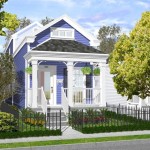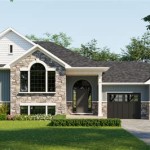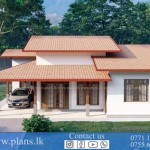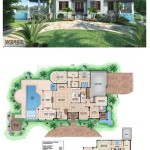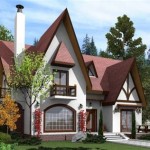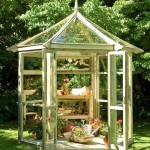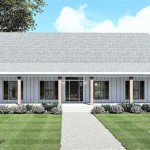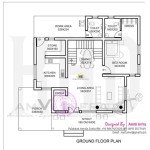Essential Aspects of Small Concrete Home Plans
Small concrete homes are gaining popularity due to their durability, energy efficiency, and affordability. However, it's crucial to consider essential aspects when planning such structures to ensure optimal results.
Foundation and Structure
The foundation of a concrete home is vital. A solid reinforced concrete foundation ensures stability and prevents cracking. The structure should be designed to withstand the weight of the concrete and external forces like earthquakes and wind. Steel reinforcements provide additional strength and durability.
Insulation
Insulation is essential for energy efficiency. Concrete has a high thermal mass, which can lead to temperature fluctuations. Proper insulation, such as spray foam or rigid foam boards, reduces heat loss and gain, maintaining a comfortable indoor temperature while lowering energy consumption.
Moisture Control
Concrete homes are prone to moisture accumulation. To prevent dampness and mold growth, proper moisture control is essential. This includes installing a vapor barrier between the concrete and insulation, ensuring adequate ventilation through windows and vents, and providing drainage systems around the foundation.
Concrete Mix
The concrete mix used should be suitable for the specific application. High-performance concrete with additives like fly ash improves durability and strength. The mix design should consider the climate, soil conditions, and structural requirements.
Formwork and Finishing
Formwork is essential for shaping the concrete. It should be designed to create the desired shape and size of the home. Proper finishing techniques, such as curing and sealing, ensure a smooth, durable surface that enhances the aesthetic appeal and longevity of the structure.
Sustainability
Small concrete homes can be environmentally friendly. Sustainable practices include using recycled concrete materials, incorporating renewable energy sources like solar panels, and optimizing water usage through efficient fixtures. By considering these aspects, homeowners can create eco-friendly and energy-efficient living spaces.
Cost and Maintenance
Concrete homes are generally more affordable than traditional framed homes. However, it's important to factor in the costs of materials, labor, and ongoing maintenance. Concrete structures require less maintenance compared to wood or brick homes, but regular inspections and repairs may be necessary over time.
By carefully considering these essential aspects, homeowners can design and construct small concrete homes that are durable, energy-efficient, and aesthetically pleasing. These homes provide a comfortable, sustainable, and affordable living environment for years to come.

Cool Energy Efficient Concrete House Plans Houseplans Blog Com

Simple Practical And Interesting 3 Bedroom 2 Bath Floor Plan Concrete House Plans Tiny

Cool Energy Efficient Concrete House Plans Houseplans Blog Com

Concrete House Plans Icf And Block Modern Home

Cool Energy Efficient Concrete House Plans Houseplans Blog Com

Prairie School Influence Radford 1909 Cement Houses Model 8216 House Modern Plans Cinder Block

Concrete House Plans That Provide Great Value And Protection

Contemporary Home Plan Ch138 Construction Blueprints

Cool Energy Efficient Concrete House Plans Houseplans Blog Com

Concrete Block Icf Design Modern House Plans Home Flat Roof Designs Vacation

